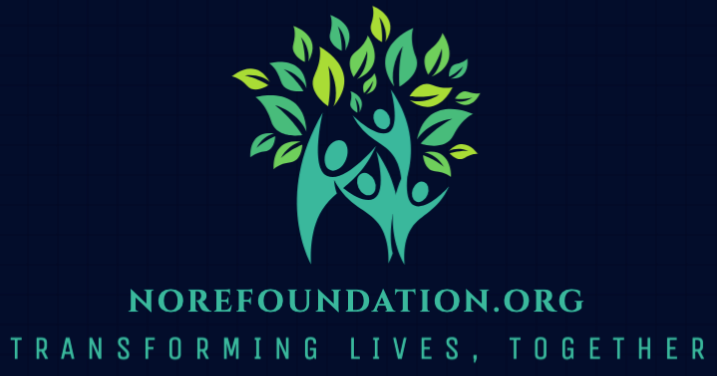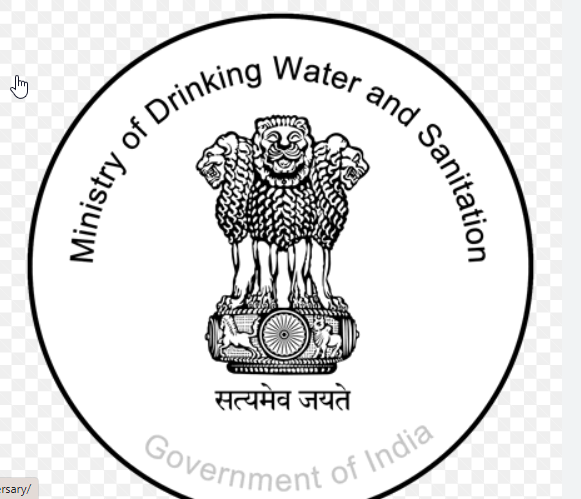Application for Long Term Strategic Partnership To Conduct Impact Assessment
Summary: WASH Institute seeks a professional/agency to assess its Skill Development Project in Fecal Sludge and Septage Management. The evaluation will include secondary and primary research, focusing on trained professionals' impact. Deliverables include detailed reports and presentations. Meta Description: Apply to assess WASH Institute's Skill Development Project in Fecal Sludge and Septage Management. Evaluate the project's impact on trained professionals. Deadline: 20th July 2024.

TOR – USAID CB Project Impact Assessment
Water, Sanitation and Hygiene Institute (WASH Institute), established in 2008, is a National level NGO that provides technical, training, testing, research and development services to a wide range of stakeholders in the Water and Sanitation sector. WASH Institute operates from 18 locations spread across 9 States and one Union Territory of India. WASH Institute has a multi-disciplinary team of 230+ employees with expertise in Technical Advisory, Training & Capacity Building, Research, Water & Wastewater Quality Testing, Engineering, Community Mobilization and Project Implementation.
Project Overview: WASH Institute is seeking a qualified monitoring & evaluation professional or agency to conduct an assessment of how WASH Institute has impacted various Govt. and Non-Govt Institutions whose professionals it has trained during the entire project tenure up till now for its ongoing Skill Development Project titled “Skill Development in Fecal Sludge and Septage Management (FSSM) sector in Indian towns and cities”. The project aims to build a skilled sanitation workforce to address the demand in the Fecal Sludge & Septage Management (FSSM) sector in Indian towns & cities.
Project Phases:
- First Phase: Initiated in June 2020, concluded in June 2023.
- Second Phase: Ongoing, concluding in December 2024.
Primary Goal: To provide comprehensive orientation and advanced-level training along with continuous technical handholding support to government officials, sanitation workers, NGO representatives, academicians, private organization personnel/CSR representatives, and sewage treatment plant (STP) operators.
Scope of Work:
-
Secondary Research/Desk Review:
- Review all relevant project documents including the project proposal, MIS Data, training materials, reports, and other literature.
- Assess the project's contribution in alignment with national and international standards (including SDGs).
-
Primary Research Study:
- Undertake quantitative and qualitative research methodologies including surveys/interviews of key stakeholders.
Stakeholder Types and Sample Size:
- Trainees of Respective Institutes: As per Universally followed statistical sampling norms.
- Assessment Tools: In-Depth Semi Structured Interviews/Surveys, Focused Group Discussions.
- Supervisors of Trainees from the Institutes: At least 1 supervisor per Institute.
- Assessment Tool: In-Depth Semi Structured Interviews.
- Training Partner Representatives: 8-10 representatives.
- Assessment Tool: In-Depth Semi Structured Interviews.
- Top Govt. Officials of States/National level: At least 1 Top Govt. Representative per state/national level where Institutes have been trained.
- Assessment Tool: In-Depth Semi Structured Interviews.
- WASH Institute Staff (TCs/Trainers/Project Management Staff Involved):
- Assessment Tool: In-Depth Semi Structured Interviews.
- Peer Training Organization representatives: 2-3 representatives.
- Assessment Tool: In-Depth Semi Structured Interviews.
Sampling Methodology:
- Universally followed statistical sampling with 95%/99% Confidence Level and ±5 Confidence Interval (Margin of Error), and 50% Population Error.
- Preferred Methodology: Stratified Proportionate Random Sampling Method.
- Capture and document a minimum of 10 Institutional Best Practices/Case Studies.
- Minimum of 6 states where maximum interventions have taken place to be visited.
Key Deliverables:
- Submission of Inception Report: T+15 days.
- Draft & Submit Study Assessment Tools: T+30 days.
- Finalization of Study Assessment Tools: T+35 Days.
- Conduct Secondary Research & Field Study: T+55 days.
- Submission of 1st Draft of Separate Institutions Report: T+70 days.
- Final Submission of Separate Institutional Reports Post Incorporation of WASH Institute Observations: T+90 days.
- Prepare Presentation on Reports and Present it to WASH Institute: T+100 days.
Desired Outputs from Study:
-
Detailed Impact Assessment Report:
- Quantitative and qualitative illustrations of the project’s impact.
- Specific tangible outcomes with proof of works.
- Progress on KPIs, state-wise support and related outcomes.
- National support and related impact.
- Challenges encountered, mitigation measures adopted.
- Recommendations for improving project processes, replication, and scaling up.
- Minimum of 10 institutional case studies/best practices.
-
PowerPoint Presentation:
- Highlighting findings, observations, learnings, and recommendations of the report.
-
Short Video Testimonials:
- 10-15 testimonials of trainees, trainers, organization representatives, and govt. representatives.
-
High-Quality HD Action Photos:
- Depicting the impact assessment.
Mandatory States to be Visited:
- Kerala, Uttar Pradesh, Odisha, and Jharkhand.
Proposal Submission:
Technical Proposal:
- Format: PDF/MS Word.
- Contents: Executive summary, study approach, sampling methodology, tools to be used, key deliverables/milestones, study timeline, proposed disbursal of funds timeline (connected to milestone achievement), study conclusion, previous work experience proofs of conducting assessment studies.
- Additional components may be added as felt required.
Financial Proposal/Budget:
- Format: MS Excel.
- Contents: Proper breakup detailing the cost components of the entire study.
Eligibility Criteria:
Mandatory:
- A professional/agency with a minimum of 10 years of relevant industry experience in conducting Impact Assessment Studies for development sector projects, especially sanitation & skill development projects.
Preferable:
- Expertise in monitoring and evaluation methodologies, especially in the context of water and sanitation projects.
- Understanding of the target sectors and the challenges associated with used water, fecal sludge, and septage management.
Submission Deadline:
- Submit your technical & financial proposals to [email protected] and cc to [email protected] and [email protected] latest by 20th July 2024.
For Queries:
- Please write to [email protected].
We look forward to receiving your proposals and working with you to assess the institutional impact of our Skill Development Project.
For Regular update, Please join our WhatsApp Group: https://chat.whatsapp.com/AOdkspGNHlV6VRPmW6MUrK
What's Your Reaction?


























